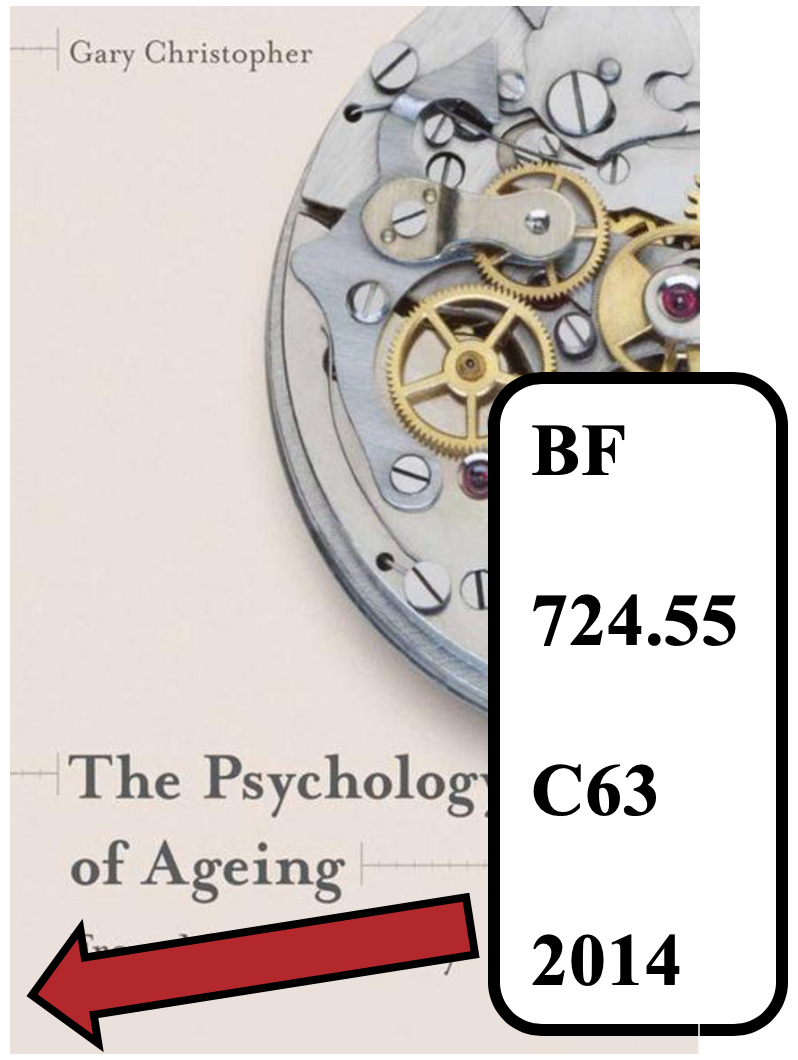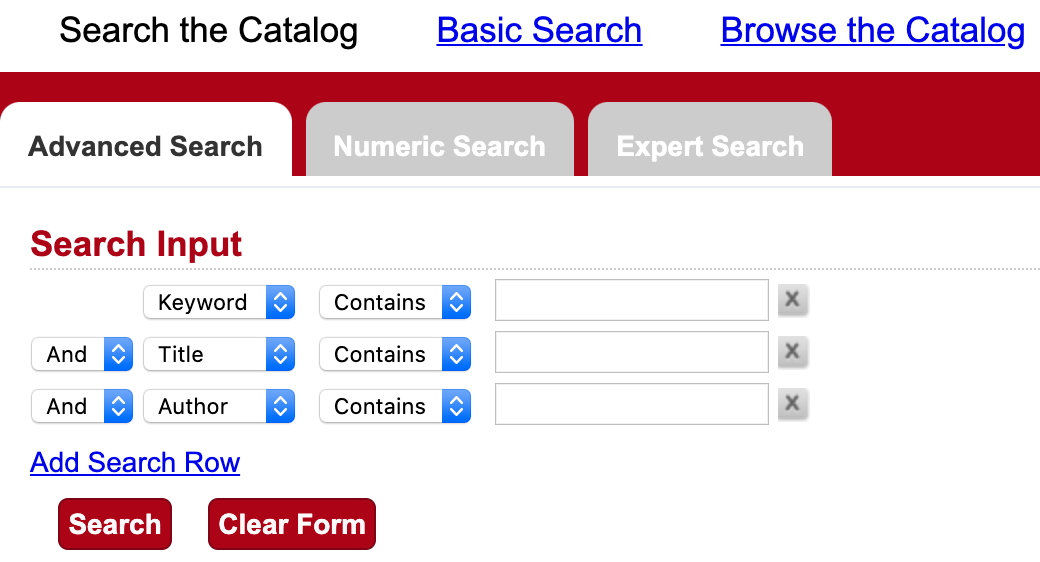Research Help
The librarians and staff of the Arthur A. Wishart Library are here to help you with your research. We offer a number of in-person and onlines services to assist you.
Below you'll find answers to your most frequently asked questions. Have a question that isn't here? You can submit your questions and feedback through our Contact Form.
How do call numbers work?
3841 views | 0 Vote this question as useful. 0 Vote this question as not useful. | Last updated on Jun 15, 2020 Books
What is a journal?
3294 views | 1 Vote this question as useful. 0 Vote this question as not useful. | Last updated on Jul 11, 2019 Articles Books E-resources Research Help Sources
What counts as a scholarly source?
3201 views | 4 Vote this question as useful. 0 Vote this question as not useful. | Last updated on Jul 11, 2019 Articles E-resources Research Help
What is the difference between an in-text citation and a reference list?
2930 views | 0 Vote this question as useful. 0 Vote this question as not useful. | Last updated on Nov 26, 2020 Citation styles
How do I find the full-text of an article?
2837 views | 1 Vote this question as useful. 0 Vote this question as not useful. | Last updated on Nov 26, 2020 Articles Books E-resources Research Help Sources
Where can I find the best library resources for my topic?
2808 views | 0 Vote this question as useful. 0 Vote this question as not useful. | Last updated on Nov 26, 2020 Articles Databases E-resources Research Help Website
How do I find a specific book?
2790 views | 0 Vote this question as useful. 0 Vote this question as not useful. | Last updated on Jul 09, 2020 Books
How do I know if a journal is peer-reviewed?
2594 views | 2 Vote this question as useful. 1 Vote this question as not useful. | Last updated on Nov 26, 2020 Articles Books E-resources Research Help Sources
Where is the Writing Lab located?
2581 views | 0 Vote this question as useful. 0 Vote this question as not useful. | Last updated on Jul 11, 2019 Writing
What citation management program should I use?
2507 views | 1 Vote this question as useful. 0 Vote this question as not useful. | Last updated on Nov 26, 2020 Citation styles Research Help
What materials are held in the Algoma University Archives and how can I access them?
2411 views | 0 Vote this question as useful. 0 Vote this question as not useful. | Last updated on Nov 26, 2020 Archives
How do I find primary sources for my History assignment?
2386 views | 0 Vote this question as useful. 0 Vote this question as not useful. | Last updated on Nov 26, 2020 Archives
What is an annotated bibliography?
2347 views | 0 Vote this question as useful. 0 Vote this question as not useful. | Last updated on Jul 11, 2019 Writing
Do I have to login to access resources off-campus?
2338 views | 0 Vote this question as useful. 2 Vote this question as not useful. | Last updated on Nov 26, 2020
How do I find something on reserve?
2271 views | 0 Vote this question as useful. 0 Vote this question as not useful. | Last updated on Nov 26, 2020 Course Reserves
Where should I look for news or media articles?
2258 views | 0 Vote this question as useful. 0 Vote this question as not useful. | Last updated on Nov 26, 2020 Books Research Help Sources
What are primary and secondary sources?
2244 views | 0 Vote this question as useful. 0 Vote this question as not useful. | Last updated on Jul 11, 2019 Books Research Help Sources
Who can use the Archives and Special Collections?
2184 views | 0 Vote this question as useful. 0 Vote this question as not useful. | Last updated on Jul 09, 2020 Archives
How can I find library resources through Google Scholar?
2143 views | 0 Vote this question as useful. 0 Vote this question as not useful. | Last updated on Jul 08, 2020
Where can I get help with my writing?
2073 views | 0 Vote this question as useful. 0 Vote this question as not useful. | Last updated on Nov 26, 2020 Writing

 To help you find your books, there are posters on the end of each book stack letting you know the Call Number ranges and subjects found in each stack.
To help you find your books, there are posters on the end of each book stack letting you know the Call Number ranges and subjects found in each stack.

